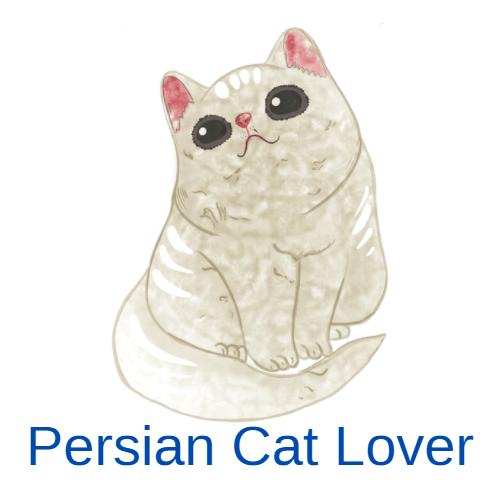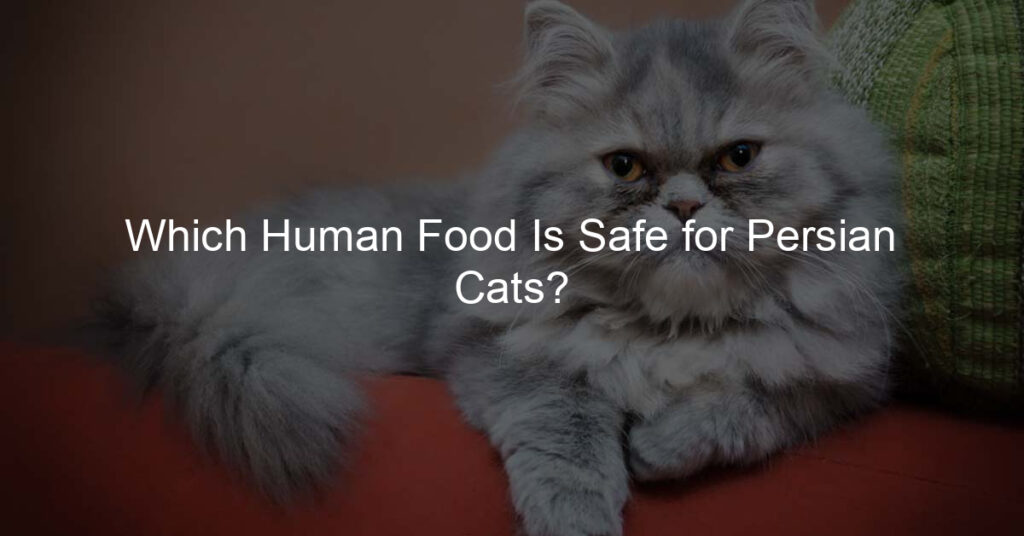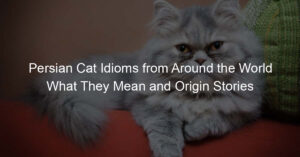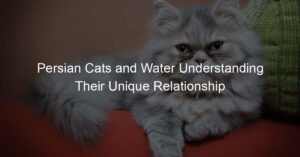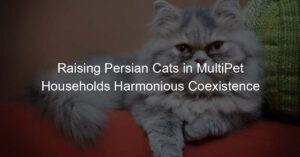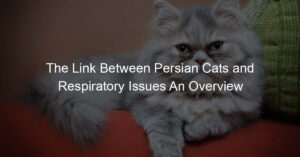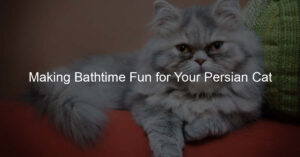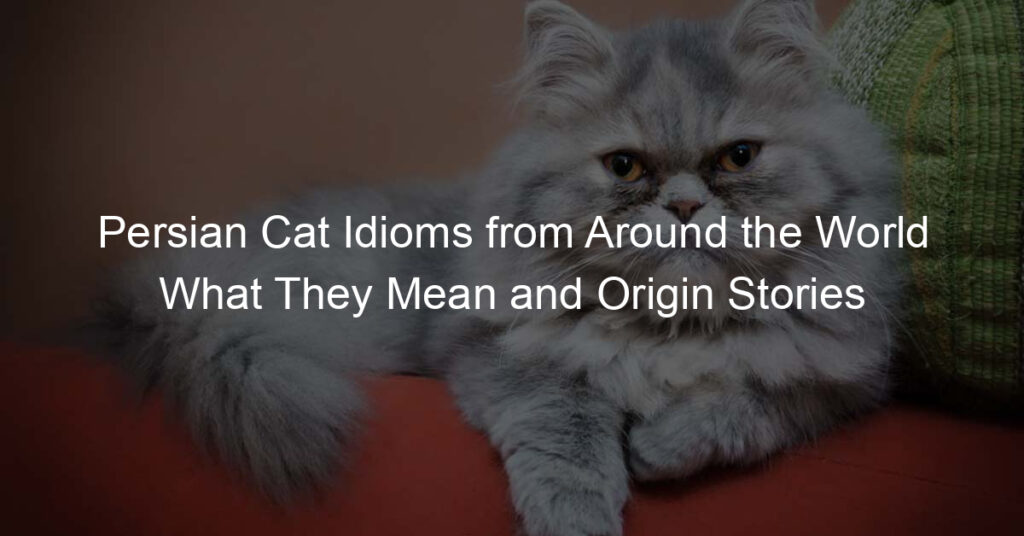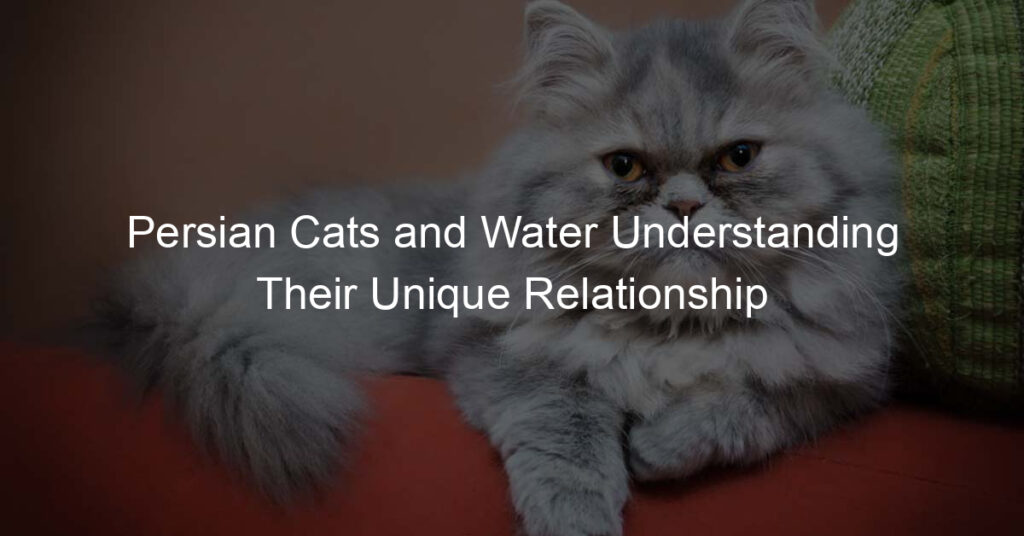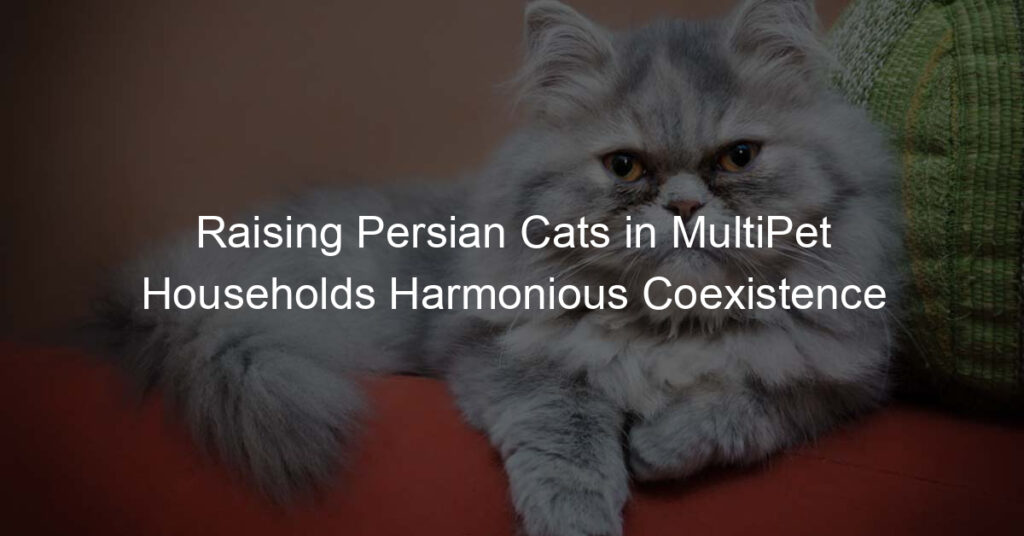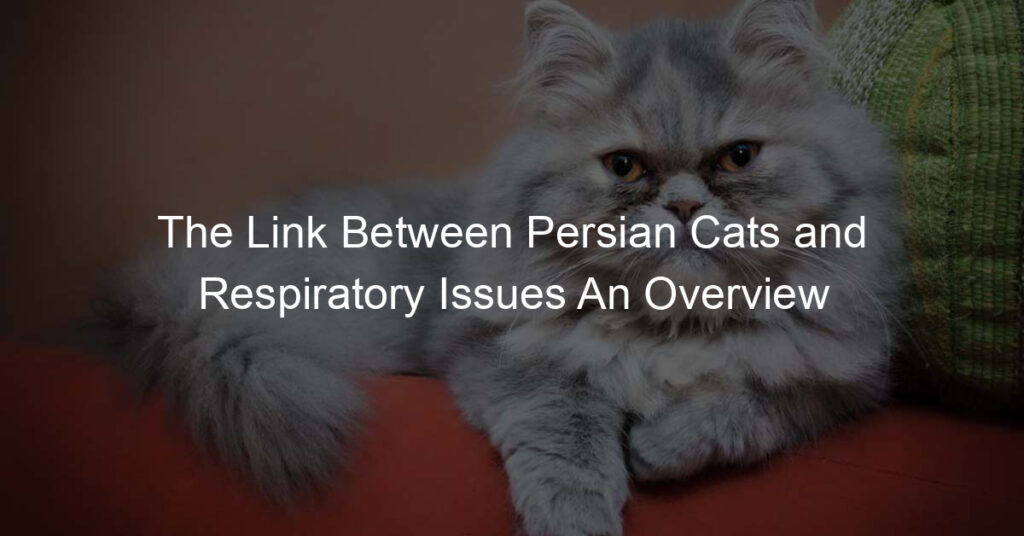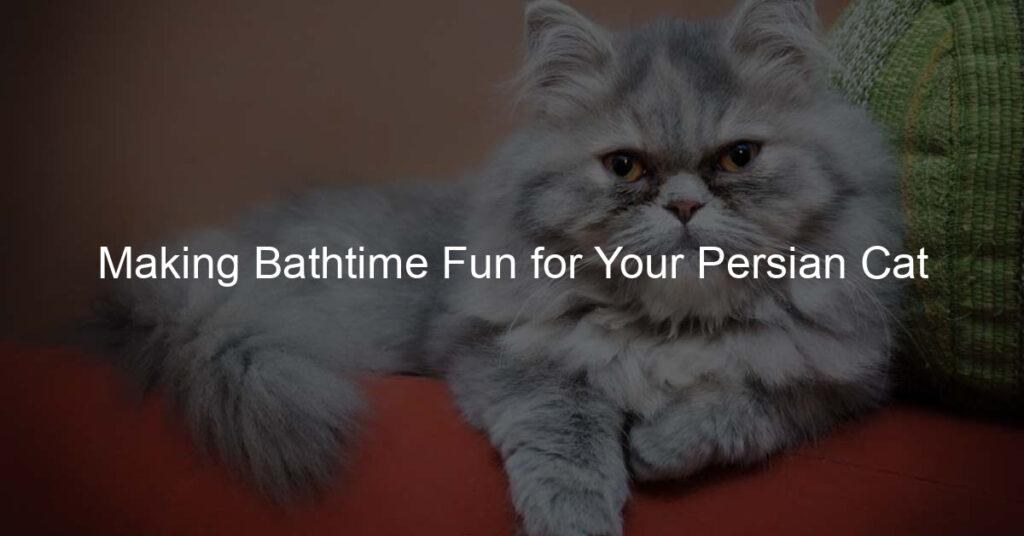It’s no secret that cats have a penchant for human food, and Persian cats are no exception. It can be tempting to give your kitty an occasional special treat from the table, but it’s essential to know which foods are safe for them.
Allowing your Persian cat to indulge in the wrong kinds of human food can cause severe digestive problems or even poisoning.
Generally, Persian cats should stick to their regular diet of wet and dry cat food, supplemented with occasional treats like small amounts of cooked chicken or tuna. Dairy products such as cheese or yogurt should also be avoided as these can give cats diarrhea.
Certain types of human foods are safe for Persian cats in moderation. These include cooked eggs, small amounts of lean meat such as beef or turkey (without bones), and certain types of fruits or vegetables like carrots or apples.
It would help if you also kept in mind that cats can’t digest complex carbohydrates like bread or potatoes very well, so these should be avoided.
Persian cats are particularly sensitive to food toxins, so you should avoid giving your cat anything that could have come into contact with pesticides or other chemicals.
This includes anything from your gardens, such as fruits and vegetables, as well as store-bought produce unless it is certified organic.
Anything else that may contain artificial additives, such as processed meats and snacks, should also be kept out of reach.
When feeding your Persian cat human food, it’s important to remember that some things are better left alone. For example, high-fat foods such as bacon and sausages can cause digestive problems, while sugar and sweeteners should be avoided due to their potentially harmful effects on cats.
By sticking to a healthy diet of cat food supplemented with occasional treats, you can ensure your Persian cat gets all the nutrients they need while avoiding any potentially dangerous foods.
As always, it’s best to consult your veterinarian if you have any questions about which human food is safe for your kitty.
What Are the Health Benefits of Feeding Persian Cats Human Food?
When it comes to looking after the health of your beloved Persian cat, good nutrition is essential. And while there are lots of commercially-made cat food options available on the market, many pet owners like to supplement their kitty’s diet with some human food.
But which human food is safe for Persian cats?
There are a few key human foods that are suitable to feed your furry friend as part of a balanced diet. These include lean meats, cooked eggs, and dairy products such as cottage cheese and plain yogurt.
If you want to give them some fruit or vegetables occasionally, then boiled carrots, broccoli, apples (without seeds), bananas, and cucumbers are good choices. It’s important not to offer your large cat portions of these foods and continuously check that any skin or stones have been removed.
Apart from being a tasty treat, there are several health benefits associated with feeding your Persian cat human food.
For example, lean meats provide them with essential protein, which helps to build strong muscles and healthy bones.
And dairy products like yogurt and cottage cheese contain calcium which is beneficial for their teeth and nails.
What Human Food Can I Feed My Persian Cat as a Treat?
With their beautiful fur, sweet faces, and lovable personalities, Persian cats make lovely pets. If you’ve been considering adopting one of these cuddly felines, you may be wondering what human food is safe for them to consume as treats.
When it comes to human food that’s suitable for your Persian cat’s consumption, the best rule of thumb is to think “in moderation.” While a few people’s snacks are perfectly acceptable in small amounts here and there, other foods should be avoided altogether.
Some of the most common types of human food that are considered safe for Persian cats include cooked chicken or turkey;
boiled eggs; plain yogurt; canned tuna (make sure it’s not packed in oil); cooked vegetables (like green beans or carrots); and small amounts of fruits like apples, melons, and blueberries.
It’s important to remember that cats are obligate carnivores and need animal-based proteins as the main part of their diet; they should never be fed a steady diet of human snacks!
Further, some Persian cats may have food allergies, so observe your cat while eating treats to ensure they don’t experience any negative reactions.
If you want to reward your furry friend with something special now and then, these people’s foods can make great treats for Persian cats.
Is It Safe To Give My Cat Cooked Eggs Regularly?
Cooked eggs can be a great source of nutrition for cats, and Persian cats are no exception. However, it is not advisable to give your cat cooked eggs regularly as part of its diet.
Cooked egg whites contain the enzyme Avidin, which binds with Biotin and prevents its absorption in the body. Biotin is essential for healthy skin, hair, metabolism, and growth. Also, feeding cooked eggs too often may lead to GI upset or even food allergies in some cats.
A better option would be to provide raw eggs occasionally as a treat or supplement their daily diet with a portion of high-quality commercial cat food that includes eggs among its ingredients.
Feeding raw egg yolks can help provide additional nutrition, as the yolks contain more vitamins and minerals than the whites.
When feeding Persian cats eggs, make sure to include them only as an occasional treat or supplement and not as a regular part of their diet.
Also, always seek advice from your veterinarian before introducing any human food to your pet’s diet. Additionally, never feed raw eggs to kittens or immuno-compromised cats since these are at greater risk for salmonella infection.
How Much Lean Meat (Beef or Turkey) Is Too Much for a Persian Cat?
If you’re looking for a good source of lean protein for your Persian cat, beef and turkey are both excellent choices. Yet, it is essential to remember that cats can easily become overweight if they consume too much human food.
As such, moderation is key when it comes to offering your Persian cat an occasional treat of lean meat. A few ounces per day should be more than enough to supplement their regular diet with some extra flavor.
Be sure to cook the meat thoroughly before serving it to avoid any food-borne illnesses or parasites.
If your cat has never had human food before, start slowly by offering only small amounts and see how they react. This will also help you gauge whether they like the taste of certain meats more than others.
When it comes to giving your Persian cat treats, remember that moderation should always be the top priority. Too much of any human food can lead to unhealthy weight gain and even digestive issues.
As long as you stick to lean meats in small portions, you can rest assured that your Persian cat will remain safe and healthy!
Can Persian Cats Tolerate Complex Carbohydrates Like Bread or Potatoes?
As much as we all enjoy feeding our cats delicious human food, it can be hard to tell which type is safe for them. Persian cats, in particular, have rather delicate digestive systems and aren’t always able to tolerate certain types of human food.
The answer could be more precise. Generally speaking, you should avoid giving your Persian cat anything that contains high amounts of sugar or fats.
This includes simple carbs like white bread and french fries as well as complex carbohydrates such as potatoes and whole-wheat bread. While small amounts may not be a problem for some cats, larger quantities can cause digestive issues for Persian cats due to their sensitive stomachs.
In addition to avoiding complex carbohydrates, you should also watch out for foods that contain artificial colors and flavors, as these can be difficult for Persian cats to digest.
If you decide to give your cat human food, make sure it is fresh and unprocessed. This will ensure that it doesn’t contain any added ingredients or preservatives, which could cause digestive upset in your pet.
Overall,
It may be best to err on the side of caution when it comes to feeding your Persian cat human food. Instead, stick with high-quality wet and dry cat food that is specially formulated for their dietary needs, as this will provide them with all of the essential nutrients they need without risking an upset stomach.
